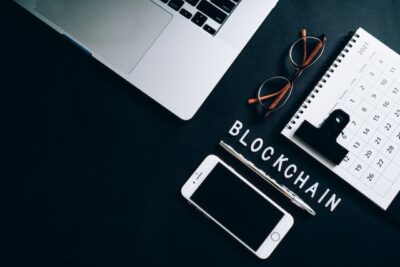If you’ve been fretting about your student loans, you might have heard whispers about the possibility of landing in jail for debts. But let’s clear the air and set the record straight – can you go to jail for not paying student loans?
While student loan default can indeed lead to severe consequences, incarceration isn’t one of them. So, let’s take a closer look at what might happen if you struggle to repay your educational debts.
Understanding Student Loan Default
Student loans are meant to be repaid within a specified period after you finish your studies. If you miss several payments or fail to meet the terms of your loan agreement, you might find yourself in a situation known as “default.” Defaulting on your student loans isn’t something to take lightly, as it can significantly impact your financial future.
Consequences of Default
Defaulting on your student loans can trigger a series of unfortunate events. While jail time isn’t on the list, the repercussions are still noteworthy. Here’s what you might expect:
Damaged Credit Score
If you default on your student loans, your credit score will be severely affected. This can make it challenging to secure loans, mortgages, or even rent an apartment in the future.
Collection Agencies
Defaulted loans often get handed over to collection agencies. These agencies can be persistent and may employ aggressive tactics to recover the owed amount.
Garnished Wages
If your loan reaches a point of default, the government can garnish a portion of your wages – meaning they’ll deduct money directly from your paycheck.
Loss of Tax Refunds
Defaulting on federal student loans could result in the government intercepting your tax refunds to recover the debt. This can further complicate your financial situation and delay your plans for using those funds.
Legal Action
While not being jailed, legal action can still be taken against you. Lawsuits could be filed to compel you to repay the debt, and if successful, this could lead to wage garnishment or the seizure of your assets.
Avoiding Default
The best way to steer clear of defaulting on your student loans is by staying proactive:
Communication
If you’re facing financial hardship, reach out to your loan servicer. They might be able to offer you options like income-driven repayment plans or deferment for student loan relief.
Refinancing
Consider loan refinancing to lower your monthly payments. This can make your debt more manageable and reduce the risk of default. This option is worth exploring as you learn more about student loans and how to handle them.
Budgeting
Create a budget that accommodates your loan payments. By keeping your finances in check, you can ensure that your student loans remain a part of your financial priorities.
Know the Answers To: Can You Go to Jail for Not Paying Student Loans?
So, can you go to jail for not paying student loans? The answer is no. While the fear of jail time for unpaid student loans is largely a misconception, the consequences of default should not be underestimated.
Stay on top of your loan payments, communicate with your loan servicer if you’re facing difficulties, and explore repayment options that fit your financial situation. Remember, proactive planning can go a long way in securing your financial future.
Ready to take your knowledge to the next level? Discover more insightful articles on our blog now!










